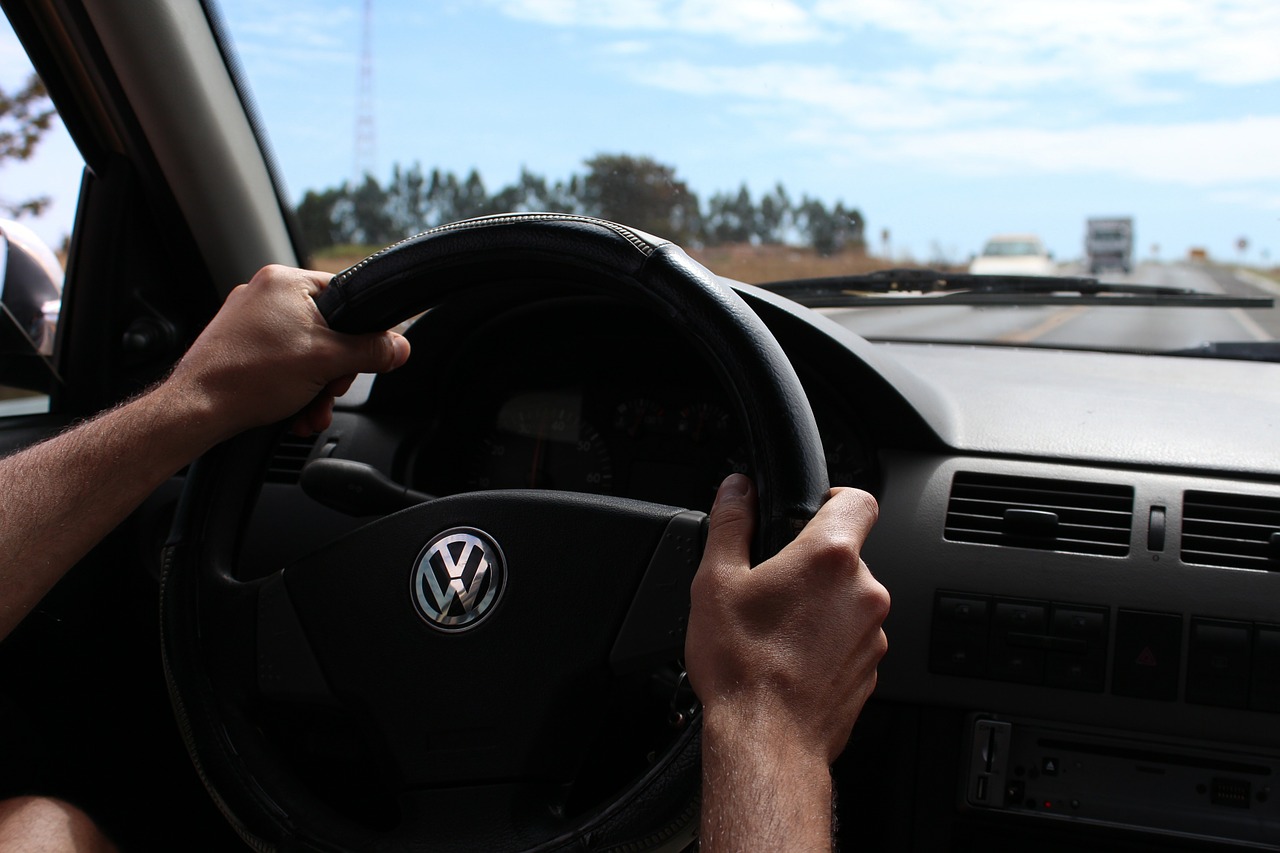In 2007, the California Supreme Court held that a DNA expert could testify about evidence from a test he or she did not perform. (People v. Geier (2007) 41 Cal.4th 555). This state has followed a long established practice where supervisors testify about lab tests, instead of technicians who actually tested forensic evidence.
However, the validity of the California decision has been questioned by the 2008 United States Supreme Court’s ruling, which held that a defendant had a right to demand live testimony at trial from crime lab technicians who actually performed their tests. (Melendez-Diaz v. Massachusetts (2008) 129 S. Ct. 2527). In particular, the Court has ruled that a trial court violated defendant’s rights under the Sixth Amendment during his trial on a charge alleging that he distributed cocaine, when it admitted certificates signed by state laboratory analysts which stated that material police seized was cocaine because the certificates fell within core class of testimonial statements covered by Confrontation Clause.
The Court’s decision was the latest test of a defendant’s Sixth Amendment right to be “confronted with the witnesses against him.” The Confrontation clause was revived in 2004 when the justices rejected a prosecutor’s use of an absent witness’ tape-recorded statement to the police. Justice Scalia writing for the majority of the Court emphasized that when testimonial evidence is at issue, the Constitution gives the defendant a right to confront and to cross-examine the witness. (Crawfowd v. Washington (2004) 541 U.S. 36).
Since then, the Supreme Court has issued opinions clarifying what qualifies as testimonial evidence.
Three years ago, the Supreme Court has found that a recorded 911 call for help was not testimony, and, therefore, the words could be played for the jury if the victim were missing.
At the same time, a police officer’s crime-scene interview with an abused spouse was like testimony, and could not be introduced as evidence if she failed to testify. (Davis v. Washington (2006) 547 U.S. 813).
In June of this year, Justice Scalia delivered yet another decision on defendant’s Sixth Amendment confrontation right. The Court held a defendant’s right to confront the witness survives even when the witness is dead because the California forfeiture by wrongdoing doctrine was not a founding-era exception to the confrontation right. Thus, the prosecution may not introduce at trial a police officer’s interview with a woman whom defendant later shot and killed. (Giles v. California (2008) 128 S. Ct. 2678).
In light of these decisions, the California appeals courts have an even 50-50 split in their ruling concerning lab testimony. In two of the state cases now up for the California Supreme Court review, the appeals court held such testimony was acceptable; in the other two, they ruled it was not. Although no dates for oral argument has been set yet, the Court will review People v. Rutterschmidt, S176213; People v. Dungo, S176886; People v. Lopez, S177046; and People v. Gutierrez, S176620.
Our firm has over 30 years of experience in criminal appeals matters and has been recognized as an AV rated law firm. The vast resources of Wallin and Klarich allow us to offer outstanding representation to client’s throughout Southern California. If you or a family member has been convicted of a crime which involves complicated scientific evidence, please contact one of our San Diego criminal defense attorneys. We have the legal knowledge and the resources to ensure that your appellate rights are protected. Please call us at (888) 280-6839 or visit our website at www.wklaw.com. We will be there when you call.


